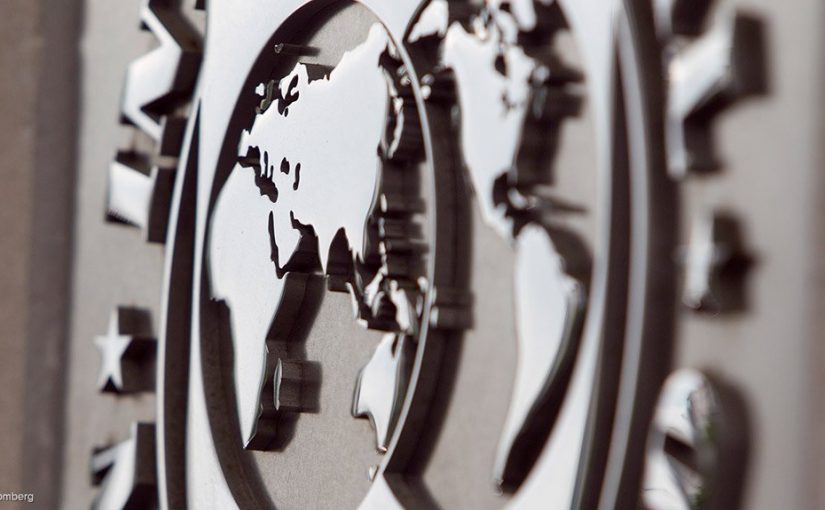Mozambique: Maputo-Luanda flights essential for economic progress - president
IMF sees cyclones slowing Mozambique growth to 1.8% in 2019; back at 6% in 2020

in file CoM
Mozambique’s economic growth could be as little as 1.8% this year, rather than the 3.8% previously foreseen, due to the impact of cyclones, but next year should rebound to 6%, according to an International Monetary Fund report released on Friday. (Read the full document, in English, HERE).
“Growth is expected to rebound and inflation to decelerate in 2020, driven by reconstruction efforts and normalising conditions in the economic sectors most affected by the cyclone,” notably agriculture, according to a report from the fund, and broadly in line with the authorities’ forecasts.
The report relates to a decision by the IMF, announced in April, to grant Mozambique an interest-free loan of $118 million (€105 million)o help it recover from the effects of Cyclone Idai, which hit central Mozambique in March, killing 603 people and affecting 1.5 million others..
For 2021 and 2022 the IMF anticipates annual economic growth of 4%, rising thereafter to 9.2% in 2023 and 11.5% in 2024 as natural gas from existing projects comes on stream.
In other words, Mozambique’s gross domestic product is expected to reach $15.1 billion this year, but within five years it is set to be two-thirds larger, at $24.2 billion.
The IMF also sees inflation higher than previously anticipated this year (at 8.5% instead of 5.5%) as “given the adverse supply shock to food availability in Beira and neighbouring districts … inflation is now projected to pick up to 8.5 percent in 2019—up from a pre-cyclone projection of 5.5 percent—as the metropolitan region of Beira accounts for about one-fifth of the national Consumer Price Index (CPI).”
In the following years, the report adds, annual inflation should stabilise at 5.5%.
An IMF team that visited Mozambique in March and the country’s authorities “agreed to cap the fiscal primary deficit after grants at around 2½ percent of GDP in 2019,” according to the report, adding that this deficit should also be eliminated in the medium term, after an initial increase during the peak of spending on reconstruction.
“The risks remain broadly balanced,” the IMF summarises.
It reiterates some earlier recommendations: “Addressing the governance and corruption vulnerabilities of Mozambique will potentially have a positive impact on the prospects for inclusive growth.” Also, it notes, legislative and institutional measures “have been adopted and are underway to strengthen good governance, transparency and accountability, but more work is needed.”
A sustainability analysis of Mozambique’s public debt, included in the documents published on Friday, notes that it continues at the level of “distress”, that is above prudential maximum values, but with a “sustainable” outlook.
It is estimated that public sector debt at the end of 2018 reached 110.5% of GDP, and is expected to be 117% at the end of this year 2019 and 111.4% at end-2020, mainly due to state spending on entering as a partner in international oil consortia that are to exploit the country’s gas reserves.













Leave a Reply
Be the First to Comment!
You must be logged in to post a comment.
You must be logged in to post a comment.